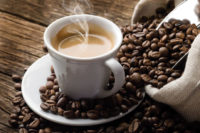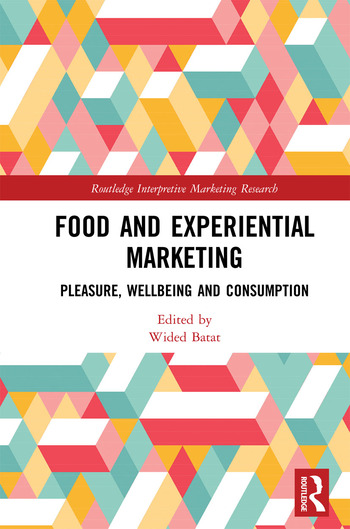Coffee Consumption Habits
Coffee continues to be a favorite among beverage drinkers, particularly among Hispanic consumers.

According to the newly released National Coffee Association National Coffee Drinking Trends (NCDT) market research study, 83% of the U.S. adult population now drinks coffee. That figure represents a jump of five percentage points this year vs. last year. In addition, daily consumption remains strong and steady at 63%, while those who drink coffee at least once a week is up slightly to 75%.
Leading the pack in coffee consumption are Hispanic-Americans. The study, which began tracking ethnic data last year, found that 76% of adult Hispanics said they drank coffee yesterday, 13 percentage points ahead of the total population. By comparison, 64% of Caucasian-Americans and 47% of African-Americans said they drank coffee yesterday.
In other NCDT data, the single-cup brewing format continues to grow steadily. Thirteen percent of the U.S. population said they drank a coffee made in a single-cup brewer yesterday -- up from just 4% in 2010. Meanwhile, past-day consumption of a coffee made in a drip coffee maker dropped to 37% from 43% over the same timeframe. Awareness of single-cup brewers reached 82%, up 11 points from last year, while ownership has grown to 12% from 10% last year.
Gourmet coffee also posted strong numbers in the recent study. Nearly one-third of respondents said they drink a gourmet coffee drink every day. At the same time, consumption of traditional coffee was off by seven percentage points, dropping to 49% from 56% in 2012.
Once again, Hispanic-Americans lead the way when it comes to gourmet coffee. Among Hispanics, past-day consumption of gourmet coffee beverages towered above that of other groups at 44% versus 30% for Caucasian-Americans and 25% for African-Americans.
In addition to ethnic groups, the NCA study also examined coffee consumption by age. According to the results, overall daily consumption of coffee by younger consumers has dipped. Among those aged 18-24, daily coffee consumption fell to 41% from 50% last year, and for those aged 25-39, consumption fell to 59% from 63%.
The 2013 figures, however, are more consistent with the levels of earlier years, suggesting that these decline indicates volatility in these segments rather than softening. Conversely, overall daily consumption of coffee among those aged 60 and older rose to 76% from 71% last year.
Looking for a reprint of this article?
From high-res PDFs to custom plaques, order your copy today!






